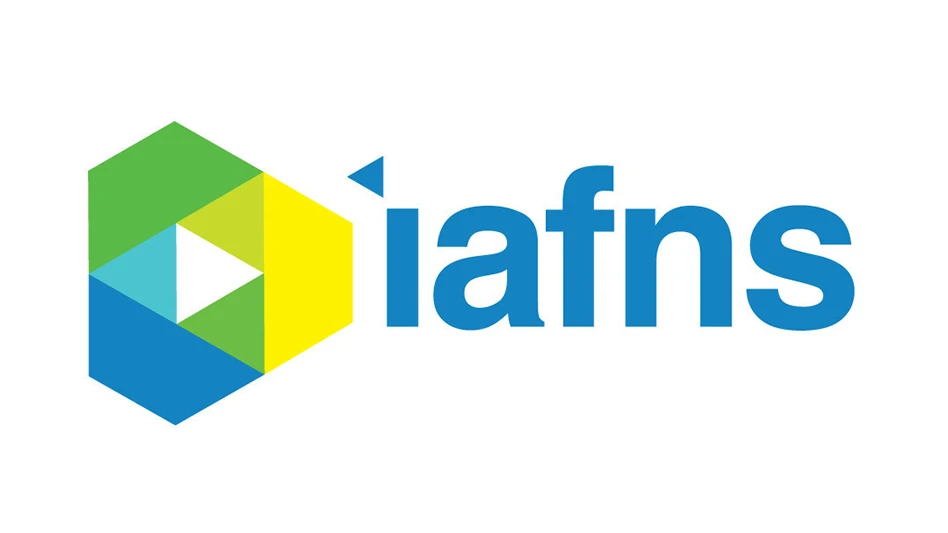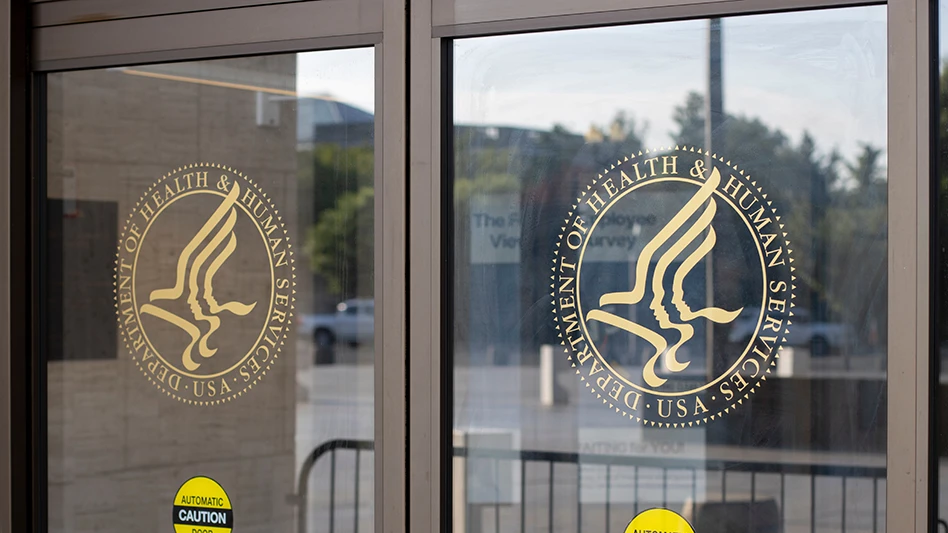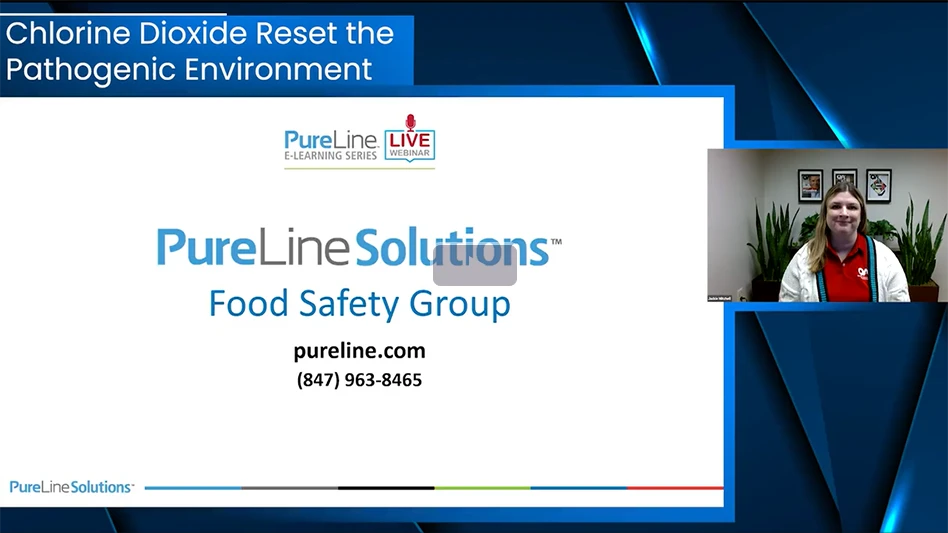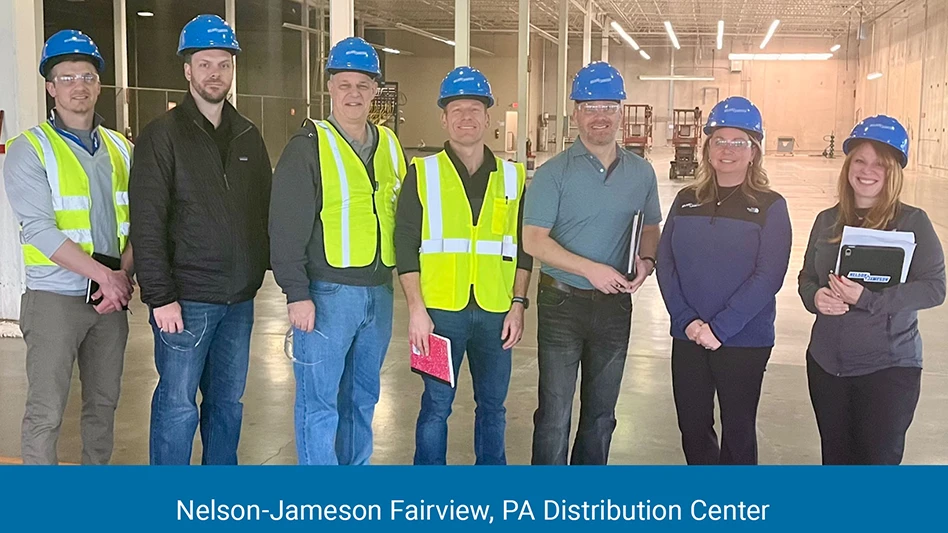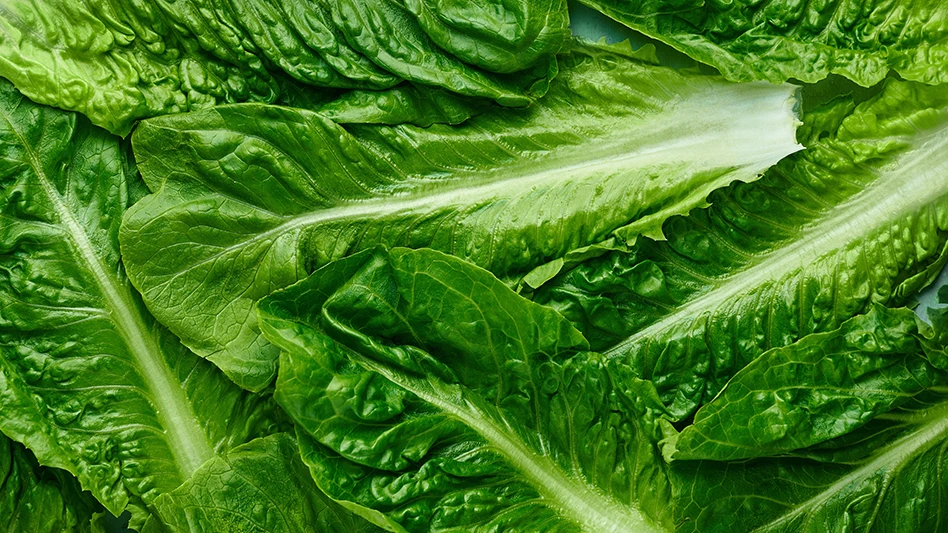
Housed in MSU’s College of Veterinary Medicine, the Master of Science (MS) in Food Safety degree program has been a leader in online education since 2002. The program admits food safety professionals from around the world, has graduated over 600 students and continues to guide hundreds of students through the program’s graduate-level curriculum.
“The MS in Food Safety program pioneered modern distance learning technologies, educating decades of food safety professionals,” says Dr. Patty Weber, director of the Online Food Safety Program. “The graduate curriculum emphasizes the importance of multi-disciplinary collaboration to better understand today’s complex food safety challenges.”
The core curriculum for the 30-credit hour master’s degree is based heavily in the sciences with an additional food law requirement. Students can tailor their electives to include additional coursework in food law and options to pursue classes in packaging or public health. In some cases, students can obtain a certificate in these specialties. The degree concludes with a non-thesis applied project series in which students are encouraged to connect their project topic with a food safety element or concern that they face in their current job position. The final project can be in the form of a consultative report, literature review, research paper, or development of an educational or training curriculum.
“The project consists of two classes in which students develop and implement their project and then synthesize the findings in a formal report,” says Dr. Weber. “After graduation, students have the opportunity to publish their findings in a scientific or trade journal or present them at a food safety conference.”
Students who work through the program gain a comprehensive range of experience and knowledge from tenured faculty as well as instructors of practice. Additionally, courses often incorporate discussions and activities that encourage professional networking. The resulting peer-to-peer learning helps bridge silos some food safety professionals operate from and teaches them to collaborate.
MSU food safety students and alums are impacting the global food system. They are leaders in food safety regulation, industry and academia, ensuring a safe food system for all. The program expands their knowledge and thinking to address the food safety challenges of today and tomorrow.
For more information, visit: foodsafety.msu.edu

Explore the March April 2023 Issue
Check out more from this issue and find your next story to read.
Latest from Quality Assurance & Food Safety
- Kim Heiman Elected to Second Term as President of Wisconsin Cheese Makers Association
- FAO Launches $150 Million Plan to Restore Ukrainian Agricultural Production
- Pet Food Company Implements Weavix Radio System for Manufacturing Communication
- Penn State Offers Short Course on Food Safety and Sanitation for Manufacturers
- USDA Announces New Presidential Appointments
- FDA to Phase Out Petroleum-Based Synthetic Dyes in Food
- IFT DC Section to Host Food Policy Event Featuring FDA, USDA Leaders
- CSQ Invites Public Comments on Improved Cannabis Safety, Quality Standards
